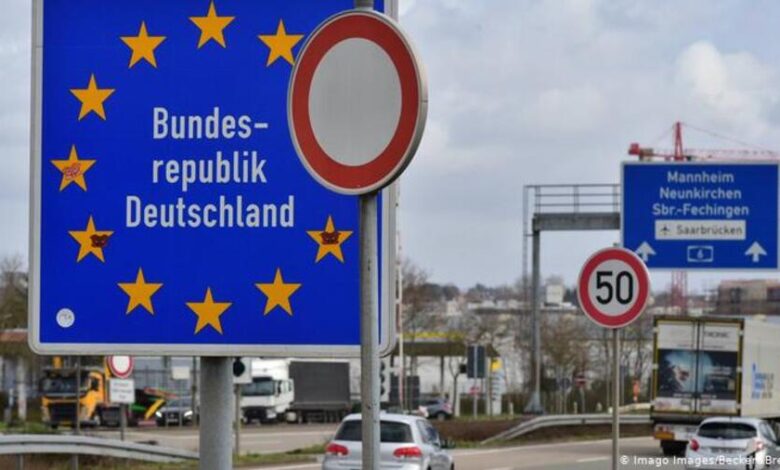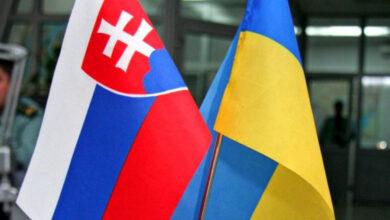From September 16, Germany will introduce land border controls: what Ukrainians should know

Growing migration flows and the threat of terrorism forced the German government to take decisive action by reimposing border controls. This temporary decision takes effect on September 16, 2024 and has already caused a wave of concern among those planning to travel to the country. Ukrainians, as one of the largest groups of refugees in Europe, should be ready for new checks and possible difficulties when crossing the border.
From September 16, 2024, Germany will temporarily restore border controls on its land borders with Poland, the Czech Republic, Austria, France, the Netherlands and other neighboring countries. This decision was taken in order to combat illegal migration, as well as to counter the threats of terrorism and cross-border crime. As German Interior Minister Nancy Feser explained, such a measure is necessary and will last at least six months, but can be extended if necessary.
Reasons for introducing control
One of the main reasons for reintroducing border controls is the recent terrorist attacks on German soil, including the attack by a Syrian migrant in Solingen. These events caused increased pressure on the government from the public and opposition forces, in particular the radical right-wing Alternative for Germany (AfD) party, which has been actively advocating stronger measures to limit illegal migration. The last election also showed that issues of security and control of migration flows are extremely important to German voters.
How these changes will affect Ukrainians
Ukrainians planning a trip to Germany should be prepared for new checks at the borders. The most important thing to have with you is your passport and proof of temporary protection in Germany, if such status has been granted.
If you are traveling through neighboring countries such as Poland or the Czech Republic, you should consider possible delays due to new checks. Those who do not have the necessary documents with them or are already registered in other EU countries as asylum seekers may face problems at the border — they may be returned to the country of their previous stay.
Increased control will not only increase the waiting time at the border, but also affect those who travel by public transport or their own car. Queues at the borders may become the norm, so the German authorities urge you to check all necessary documents in advance and be prepared for possible delays.
In addition, possible consequences include the socio-economic aspect. The return of border controls could slow down transit between countries, causing concern for businesses, especially in the logistics sector.
Ukrainians who plan to go to Germany or cross its borders in transit should make sure that they have with them all the necessary documents for entry and stay in the country. It is also important to follow the updates from the German authorities regarding the new rules for crossing the border. In addition, be prepared for possible delays and border checks that may affect travel.
Those who need advice on crossing the border or obtaining temporary protection in Germany should contact migration specialists.
Documents you must have with you:
- A valid passport of a citizen of Ukraine or a biometric international passport.
- Confirmation of receiving temporary protection or other status in Germany.
- Documents confirming the purpose of the trip, if it concerns a transit or short-term visit.
Border guards will pay special attention to those traveling without appropriate documents or trying to enter the country without legal status. This may include additional checks at bus stations, train stations and motorways.
Reaction of neighboring countries
The introduction of border control by Germany caused a reaction in neighboring countries. Austria, for example, has said it will not accept migrants who are returned from German borders. This can create tension between EU countries, because some of them, like Austria, have long maintained control of their borders.





